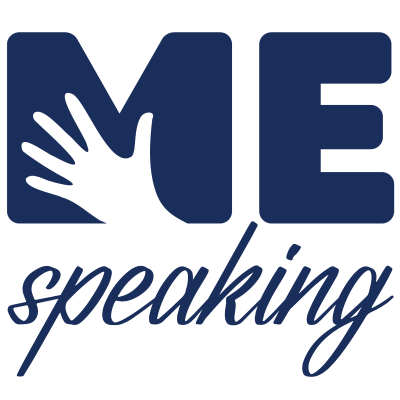Here I was the other day, trying to finish up a legal letter for my client in the U.S. and I found myself saying in my head: “Than is for comparing and then it happens next”. This is a little phrase my mom taught me as a child, to help me remember the difference between than and then. As mother tongue speakers there are quite a few things we also get confused about…
And some words can stay confusing no matter how well we understand the English language.
So I thought: “If these two words can confuse a mother tongue, they must definitely confuse ESL speakers.”
Let me explain it so that you can remember it too.

According to the Merriam – Webster dictionary (I went to the website): than is used in comparisons as a conjunction or a preposition while then is used as an adverb, noun or adjective when indicating time (what comes next).
People get tripped up on then and than all the time because they look and sound similar and they are both mostly used to connect more significant nouns, verbs and adjectives.
How do you keep them straight? By focusing on their basic differences. Than is used for when you are comparing while then is used when relating to time.
I am older than her.
I lived in the U.S. and then I moved to Italy.
Of course there are exceptions to this rule, we ARE talking about the English language after all… Than can sometimes be used when indicating that something happens immediately after another thing. So, “no sooner that I explained the lesson than I doubted my explanation.” would be an example.
Isn’t that hard?
Know this… It’s hard for us English mother tongue speakers too!
Linguistically speaking, they’re identical twins. In Middle English (the language spoken after the Norman conquest until the late 15th century), they were the same word and both variations could be used for all meanings. It’s only been a few hundred years since English has treated them as having the two different and distinct meanings.
That should be enough time to have this all worked out, shouldn’t it? I’m sure glad that the language did evolve to become clearer.
One would think that Middle English would have been easier with so many words that meant so many different things, but I would beg to differ…
